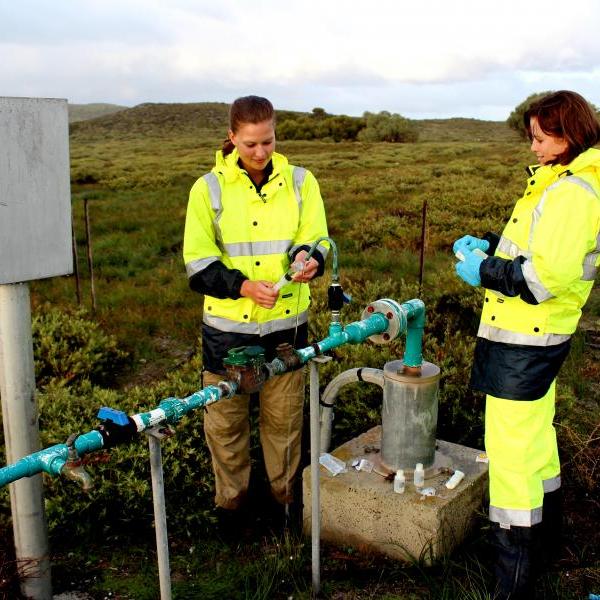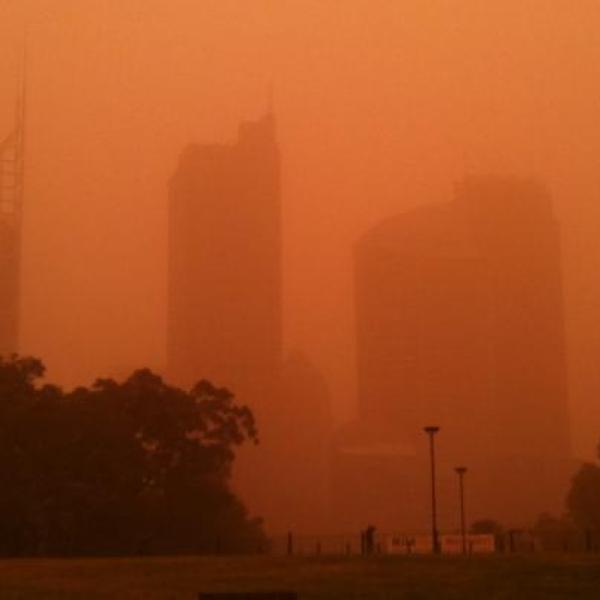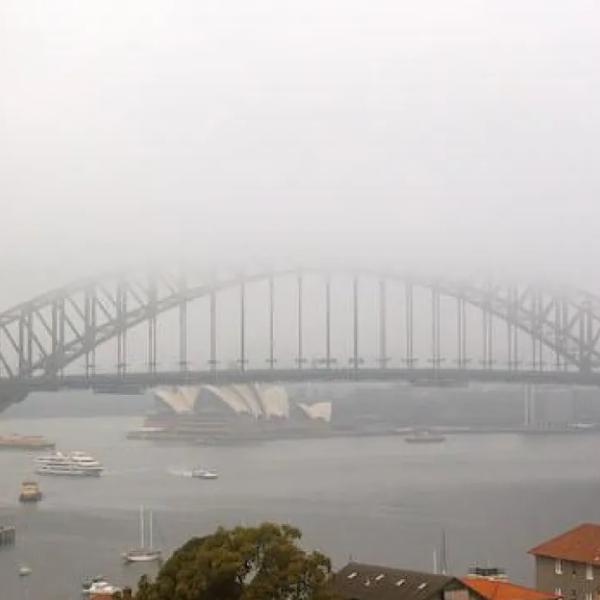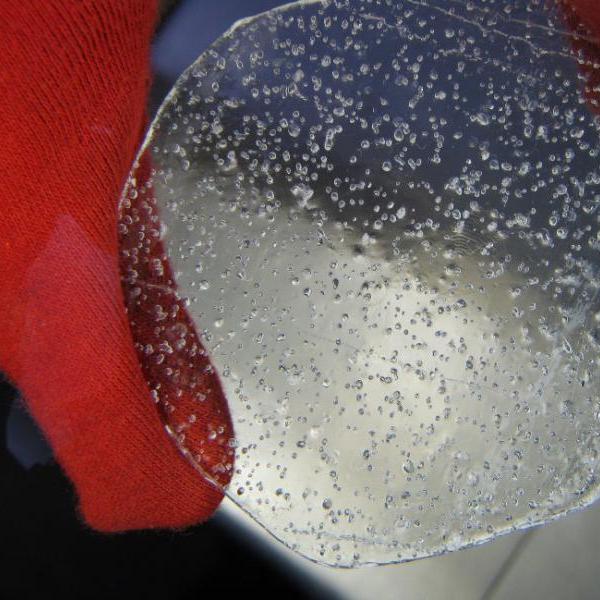
Teacher Professional Development Courses
Teaching nuclear physics: Applications of radiation and fission
This free course aims to build teacher understanding of radioactivity, radiation safety and fission and their applications in everyday life.
We will also explore new ways to teach Senior Physics students about radioactivity and fission using models and analogies, ICT, real-world data and Working Scientifically skills.
You can choose to join us online during two after-school webinars over two weeks, or a one-day in-person event at ANSTO Lucas Heights.
Radiation basics and radiation safety
Teachers will learn about:
- Ionising radiation emitted from unstable nuclei
- Half-life and its significance in nuclear medicine design, nuclear waste management, radiometric dating and radiation safety
- Simple analogies to understand activity, absorbed dose, equivalent dose and effective dose
- Technologies to monitor radiation and dose
- Radiation safety, including dose limits, principles of time, distance and shielding, and exposure routes
- The targeted use of radiation in nuclear medicines to diagnose and treat disease
Real-world benefits and responsibilities of fission
Teachers will learn about:
- The process of and the requirements for fission
- Related concepts, including fissile and fertile material, criticality and enrichment
- Use of fission in power reactors, research reactors, nuclear submarines and atomic weapons
- Controlling fission using control rods, moderators and coolant
- Safety principles and environmental monitoring of nuclear reactors
- Managing long-lived waste from nuclear reactors
Teachers will see the OPAL multi-purpose reactor and radioactive waste storage facilities at ANSTO.
Teaching nuclear science in the classroom
ANSTO education officers will model teaching activities, including the “Radionuclides in medicine data set”, to help students understand the concepts of nuclear stability, binding energy, half-life and fission. Participants will collaborate to discuss and reflect on how they can use or adapt these teaching activities with their students.
Join the Teaching nuclear physics: Applications of radiation and fission course
| In-person in April 2026* |
|---|
| Tuesday 21 April, 2026, 9.00am - 3.00pm |
Fission: Benefits and responsibilities
Calling all Physics teachers! We'll get technical about fission, covering:
- The process of and the requirements for fission
- Related concepts, including fissile and fertile material, criticality and enrichment
- Use of fission in power reactors, research reactors, nuclear submarines and atomic weapons
- Controlling fission using control rods, moderators and coolant
We will also demonstrate some of our free student activities that teach these concepts in a real-world context; 1) Using magnets and velcro to explain binding energy; 2) Using models to understand the dynamics and requirements of fission chain reactions.
Join the Fission: Benefits and responsibilities course
| Online in May 2026* |
|---|
| Wednesday 6 May 2026, 3.30pm-4.30pm AEST |
Radiation safety for science teachers and laboratory technicians
Do you have radiation sources at your school?
In this session, we will explain fundamental concepts of nuclear science, including radioactive decay, half-life, measuring radiation and radiation safety. We will also do some demonstrations using radioactive sources and scintillation counters. We will also provide information about how to manage school radioactive sources and contact details for disposal.
Join the Radiation safety for science teachers and laboratory technicians course
| Online in May 2026* |
|---|
| Thursday 7 May 2026, 3.30pm-4.30pm AEST |
Radioisotopes in medicine, industry and environmental monitoring
We invite Year 9-10 Science teachers to refresh their understanding of radioisotopes and their use in medicine, industry and environmental monitoring.
We’ll use nuclear equations to review the basics of radiation and explain common examples of nuclear medicines, radiometric dating and radioactive waste management. We’ll also introduce our new free online problem-based learning module, Radioisotopes in Medicine, for Year 9 and 10 students.
Join the Radioisotopes in medicine, industry and environmental monitoring course
| Online in May 2026* |
|---|
| Wednesday 13 May 2026, 3.30pm-4.30pm AEST |
Teachers will receive a certificate of completion for their own PD portfolios on completion of our courses. We are also a NESA-recognised PD provider.
For enquiries, please call the ANSTO Discovery Centre on (02) 9717 3090 or email education@ansto.gov.au.
* Webinar links will be sent closer to the date of the event.
**Please note that the times listed for the sessions are Sydney time. Don't forget to join the webinar at the correct time for your local zone.
Our courses address the following standard descriptors from the Australian Professional Standards for Teachers:
2.1 Content and teaching strategies of the teaching area(s): Apply knowledge of content and teaching strategies of the teaching area(s) to develop engaging teaching activities
2.6 Information and Communication Technology (ICT): Use effective teaching strategies to integrate ICT into learning and teaching programs to make selected content relevant and meaningful.
ANSTO Education team
Contact the Education team at ANSTO's discovery centre for any questions relating to tours, learning resources or nuclear science.




